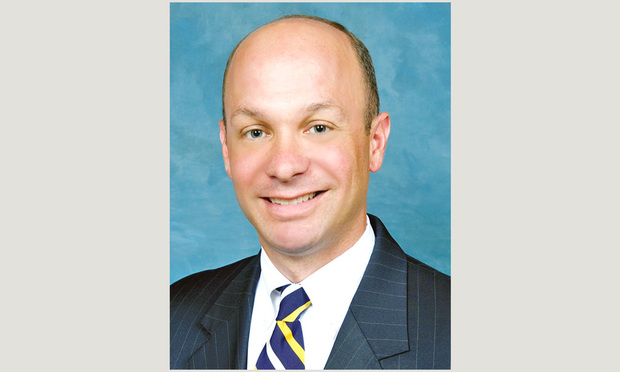Until the Pennsylvania Supreme Court’s 2018 decision in Whitmoyer v. Workers’ Compensation Appeals Board (Mountain Country Meats), an employer’s right to subrogation under Section 319 of the Workers’ Compensation Act has repeatedly been found by the courts to be absolute, with few exceptions. Certainly, where the injured worker recovers from an uninsured motorist policy that he paid for himself, or to the extent workers’ compensation benefits are paid pursuant to the Heart and Lung Act, no subrogation by the employer is available. There was a time when the Pennsylvania Commonwealth Court’s recognition that Heart and Lung Act benefits do not violate the principles of double recovery that the concept of “other” noneconomic damages being excluded from subrogation was foreseeable. Specifically, pain and suffering damages, which are clearly a component of workers’ compensation damages, remain inexplicably subject to subrogation. While that seeming injustice remains unaltered, Whitmoyer has had the effect of pushing back on universal and absolute subrogation in other ways.
As is well known, Whitmoyer turned the entire subrogation scheme on its head and has been a tremendous benefit to inured workers who have large third-party recoveries and ongoing medical needs with its holding that an employer may not take a credit against payment of future medical expenses, pursuant to Section 319, when there is a balance of recovery remaining after a third-party recovery or settlement. For decades, this was not the case. Given the “absolute” right to subrogation ingrained in Pennsylvania law, few could have imagined the result in Whitmoyer until 2015, when Democrats won three open seats on the court, taking the majority and dramatically shifting the landscape with respect to workers’ rights and those of the insurance industry.


 Christian Petrucci of the Law Offices of Christian Petrucci.
Christian Petrucci of the Law Offices of Christian Petrucci.




